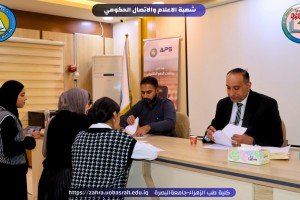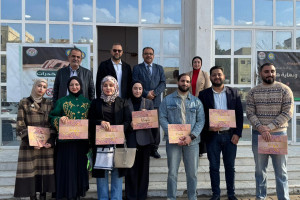
Within the framework of community awareness, Al-Zahraa College of Medicine, in cooperation with the Drug Control Unit of the University of Basra, held a scientific symposium entitled (The phenomenon of the spread of drugs among the youth, its effects on society, and methods of prevention and treatment)
The symposium aimed to reduce the widespread spread of the drug phenomenon among young people in our society and raise awareness of its dangers and the health, psychological, social and economic damage it causes.
The symposium, in which the specialist Dr. Abbas Jumaa Al-Sudani, Director of the Drug Control Unit of the University of Basra, and a lecturer at the Al-Zahraa College of Medicine, lectured, included an introduction to the types and forms of drugs that can be circulated and the extent of their danger, explaining the extent of the damage caused by these drugs in terms of health, psychological, social, and economic aspects, and how they are targeted. Different age groups, especially university students.
He also proposed the treatment protocol for the addict, which includes admitting the addicted patient to the Basra Center for Addiction Treatment in Al-Fayhaa Teaching Hospital by the specialized psychiatrist or through the courts in a letter sent with an accompanying officer to complete the treatment. The patient is treated by the specialized doctor in the lobby in several stages and after knowing his condition. How did he obtain the narcotic substance and conduct the necessary laboratory tests and begin with medical drug treatment by removing the toxin, followed by individual and group psychotherapy and exercise, in addition to the services of an anonymous group and 12-step programmes? The patient’s survival depends on his health condition and the type of narcotic substance he is taking, which is not less than a period of two weeks. After that, he leaves the center feeling better, provided that he continues the periodic review of two days a month for a period of six months to complete the full treatment.
The legal consequences of the abuser were also discussed...and an emphasis was placed on some articles of the Iraqi Penal Code related to addiction No. 50 of 2017, which includes Articles 27, 31, and 32. The law also stipulated that the addicted abuser be exempted from legal accountability in the event that he seeks treatment of his own free will and is admitted to a sanatorium.
The symposium recommended emphasizing the role of awareness, which begins with the family and society, in controlling and eliminating the phenomenon of addiction, in addition to ways to prevent it.
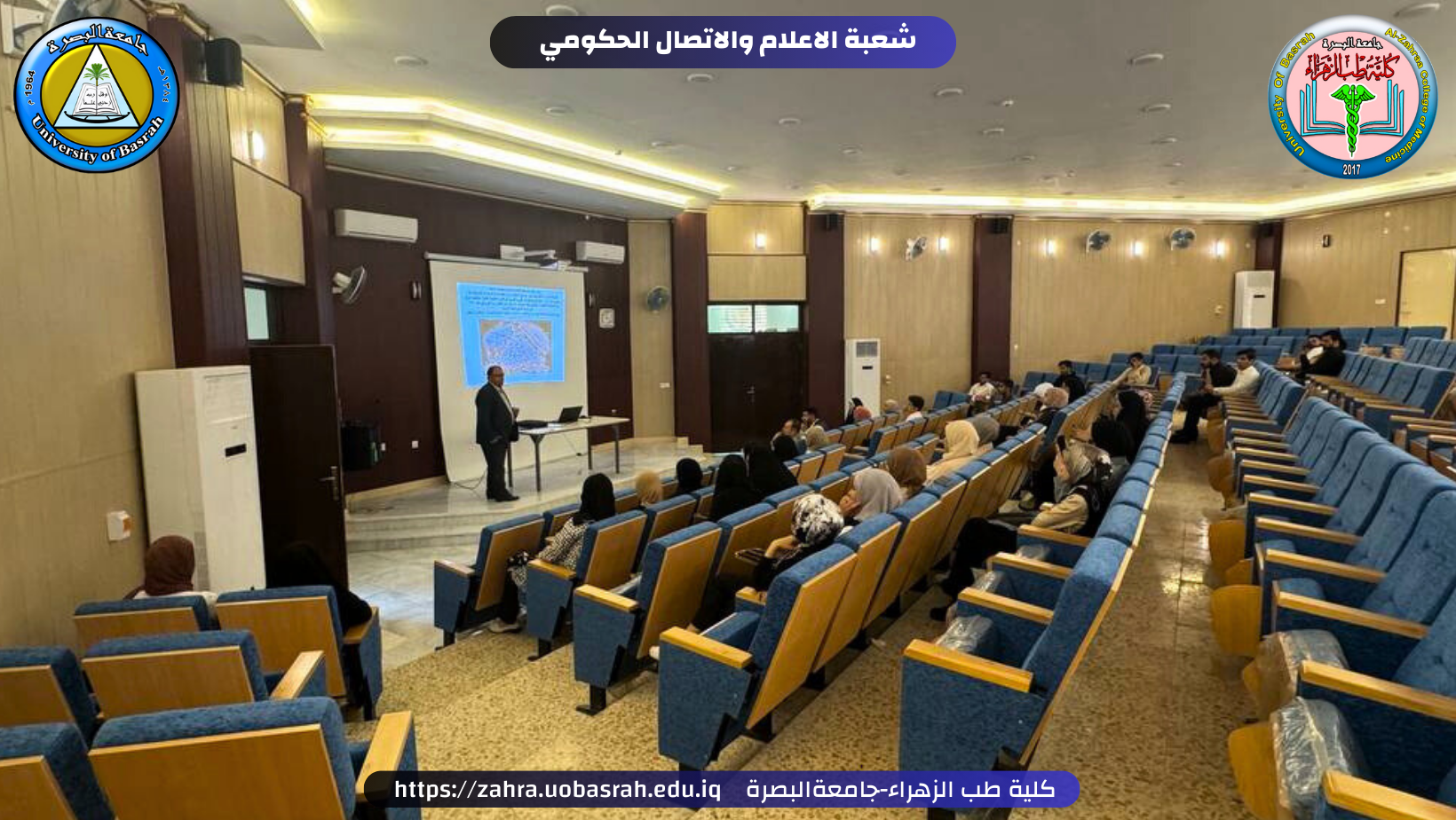
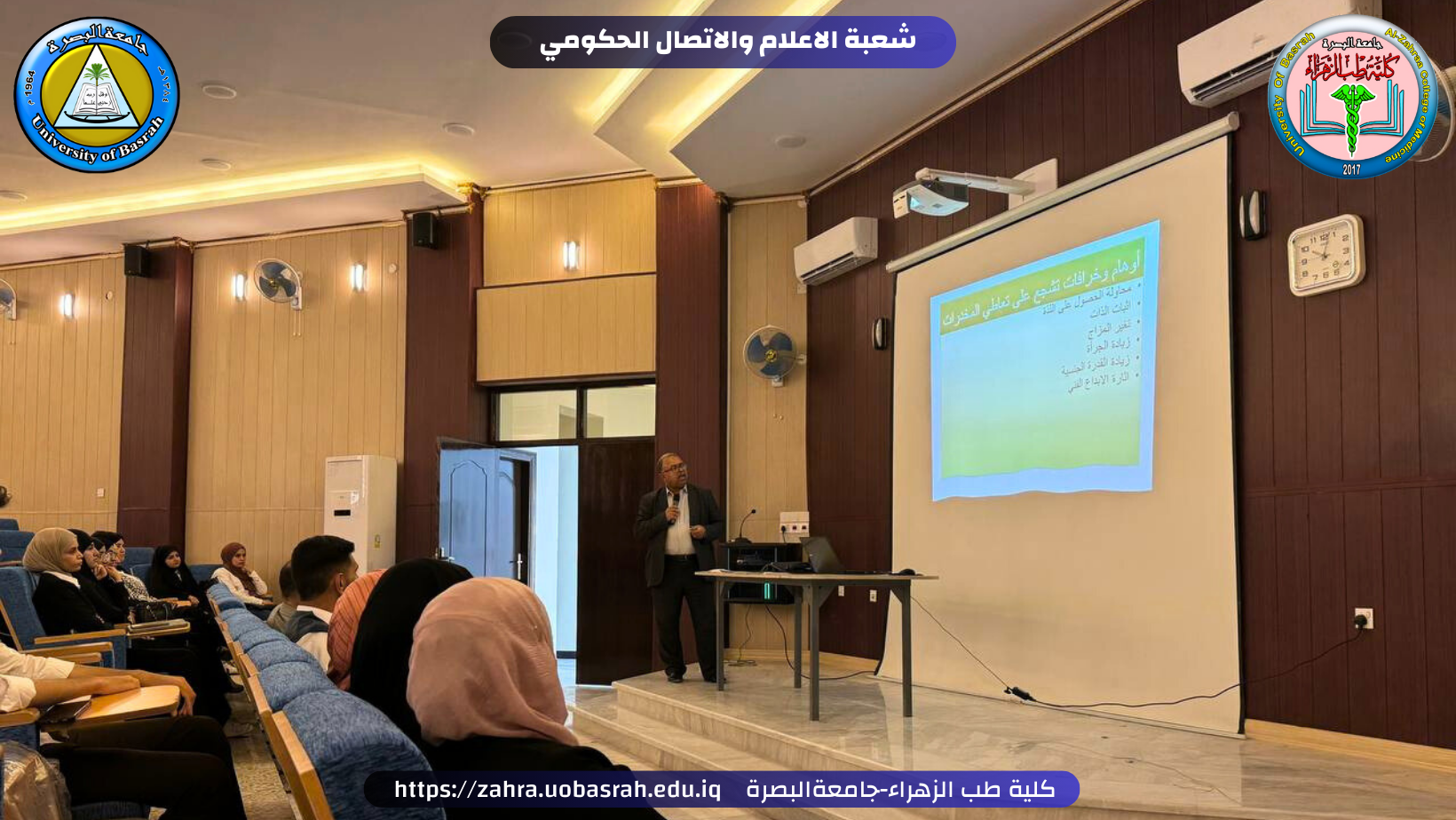
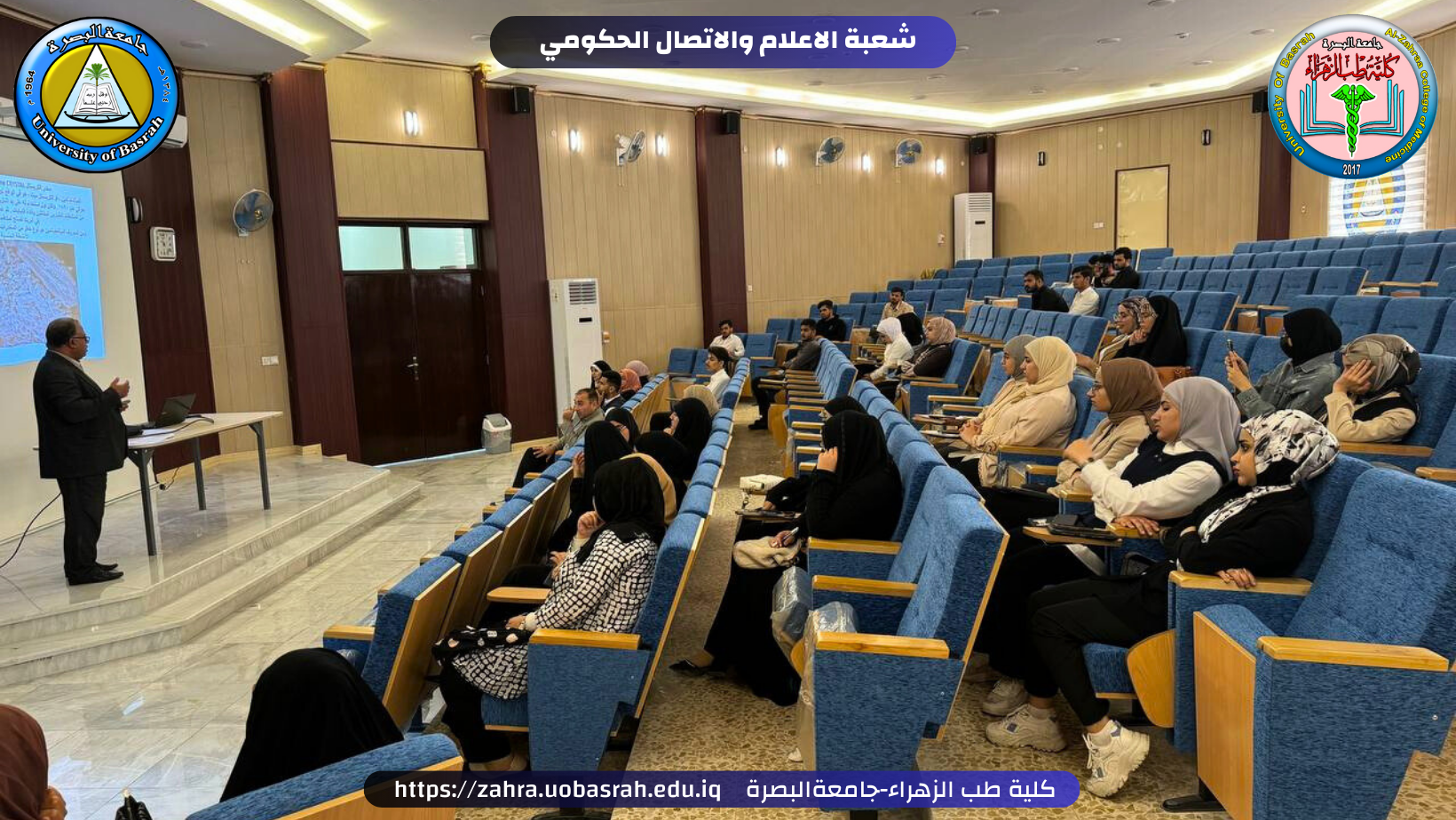
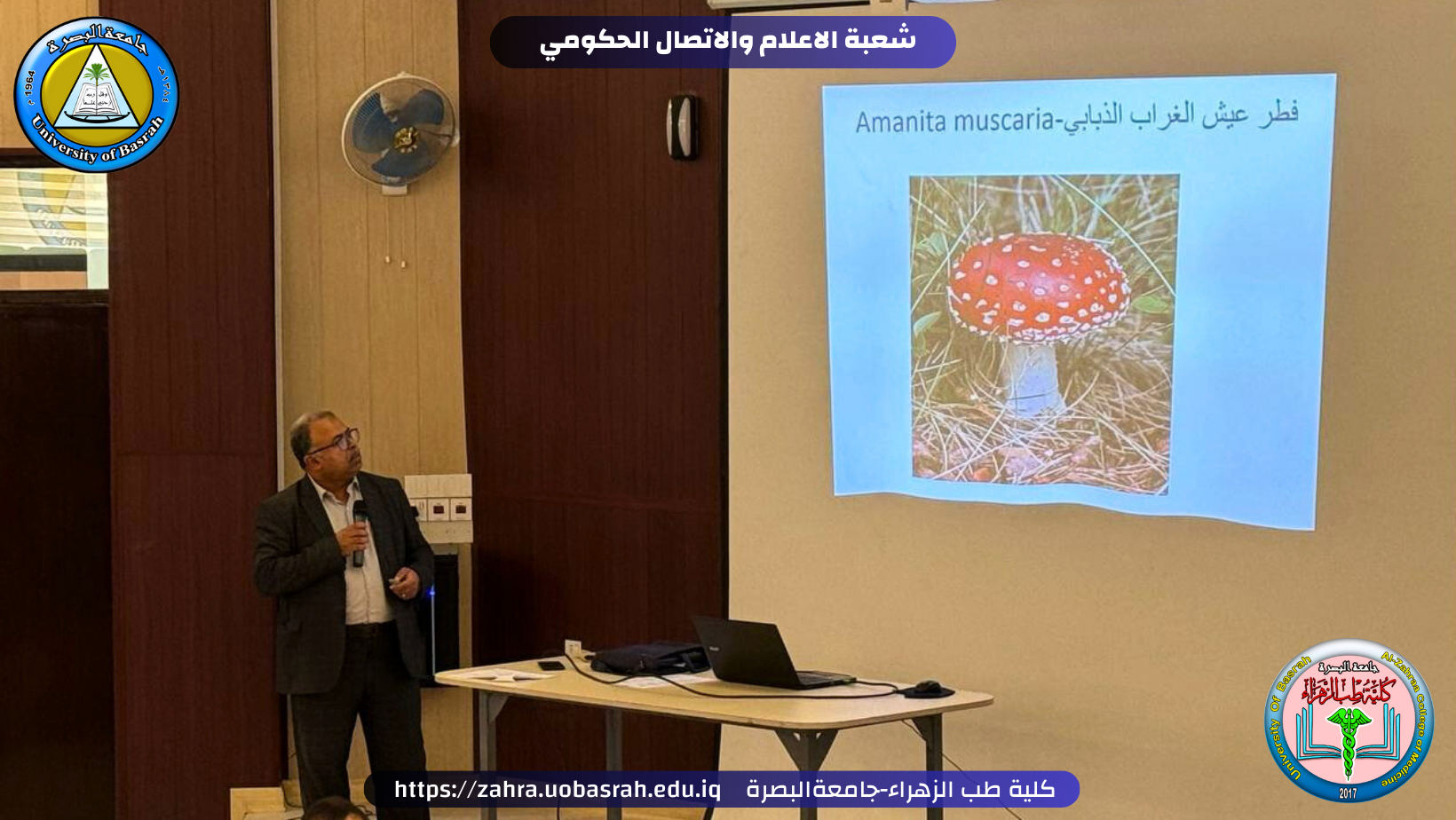
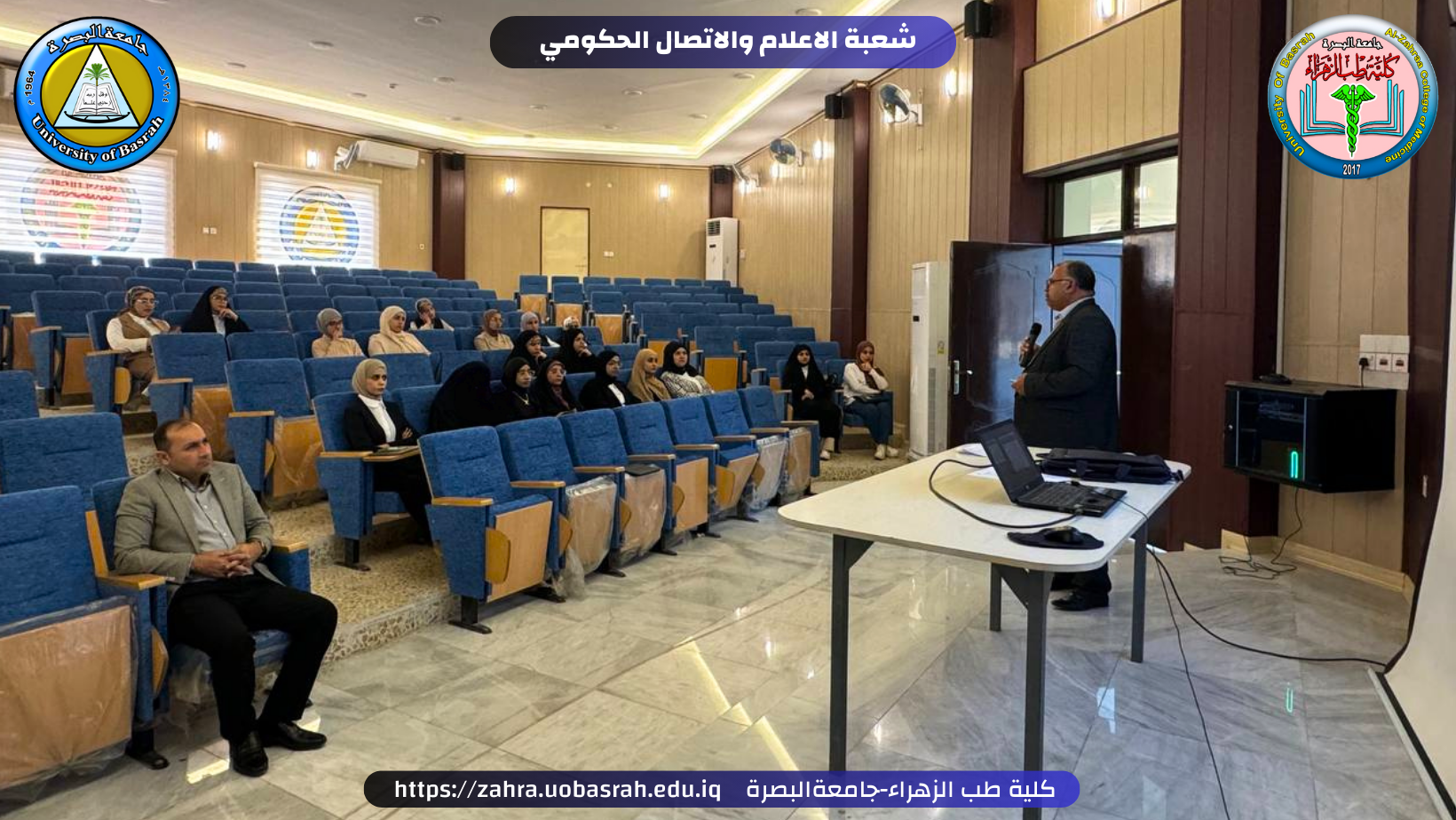
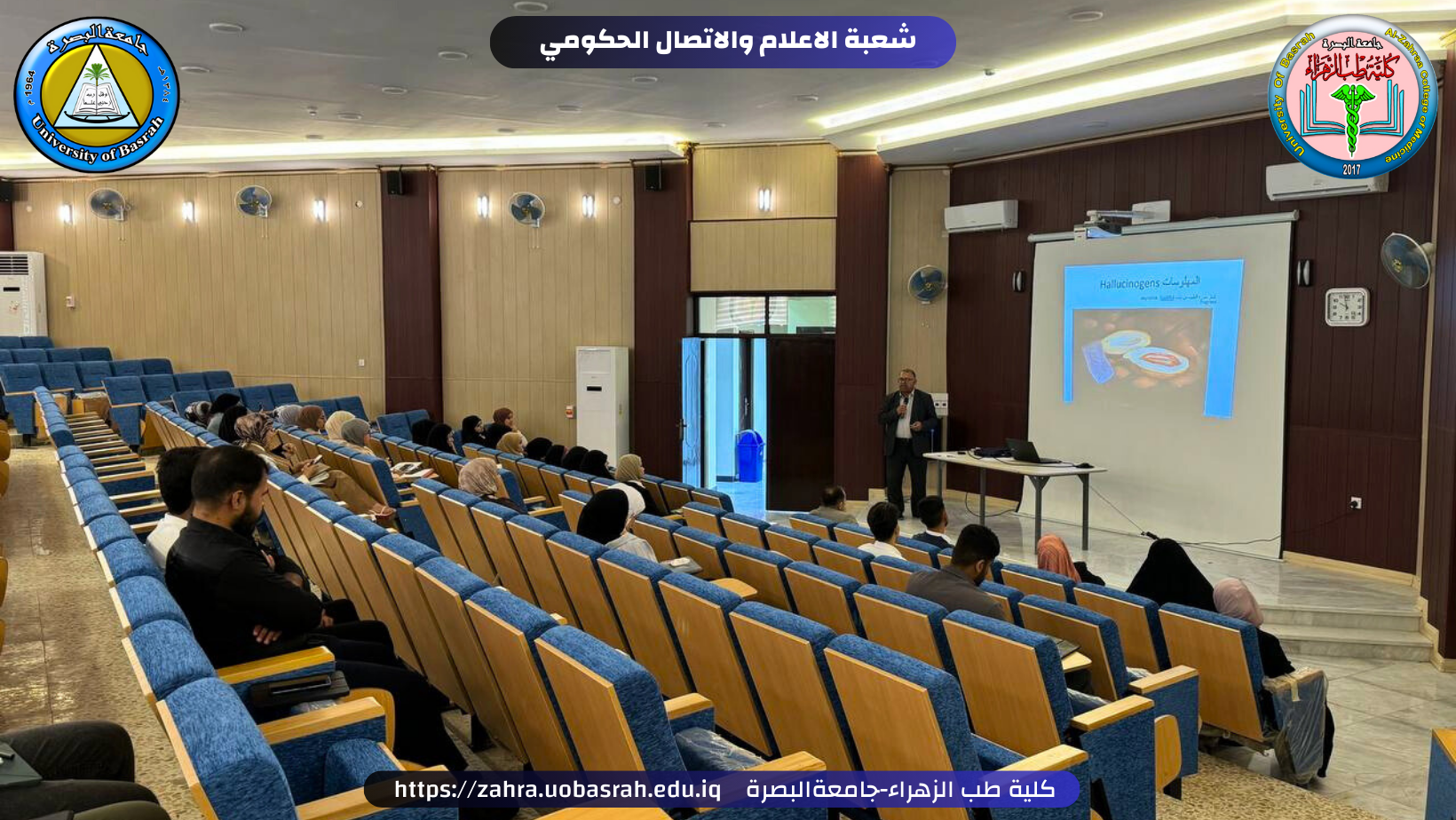


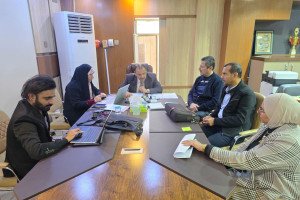
.jpeg)
.webp)
